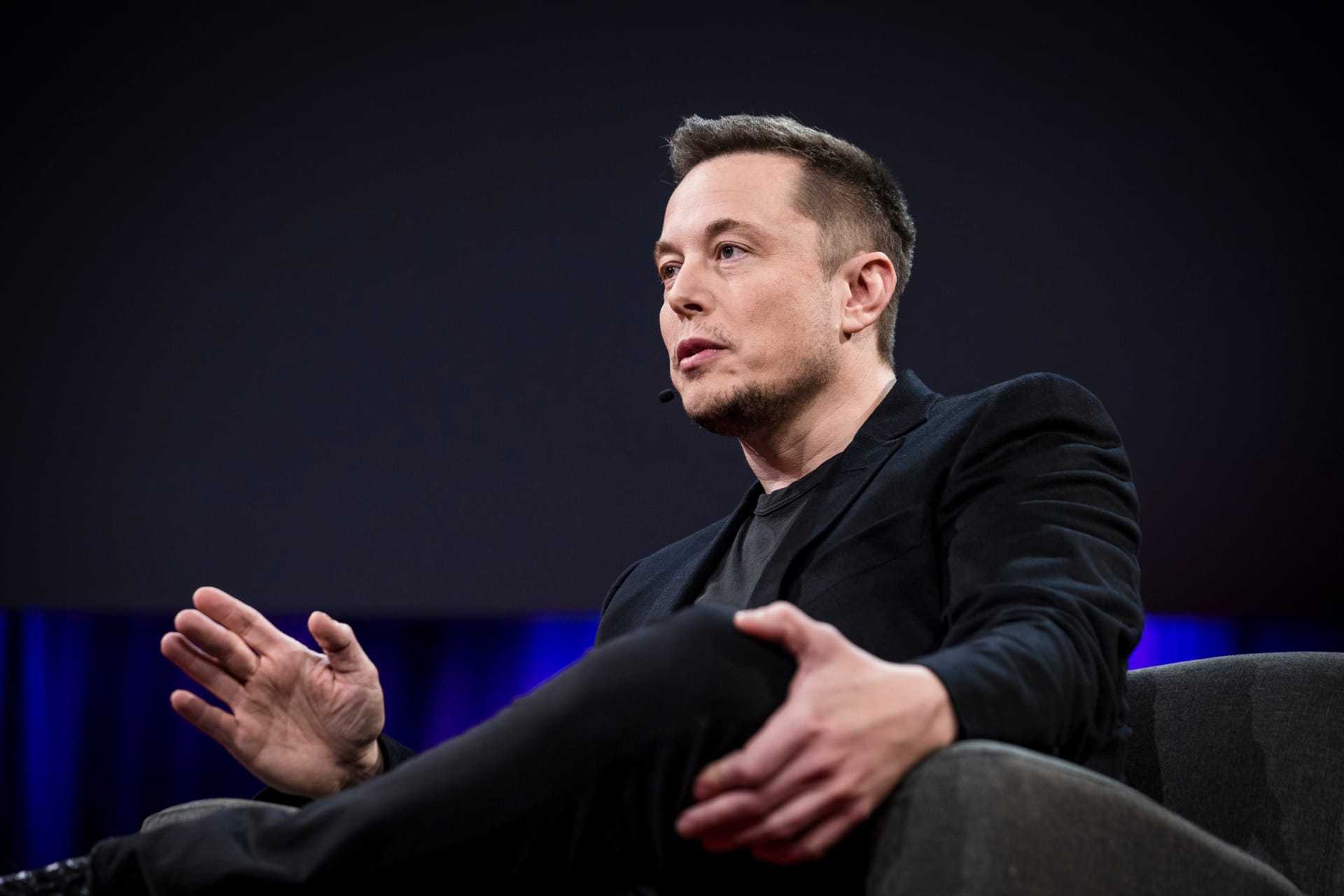Elon Musk has stirred controversy by revealing his refusal to grant Kyiv access to his Starlink communications network over Crimea. His reason: to avoid becoming complicit in what he considers a “major act of war.” Kyiv had urgently requested Starlink activation in Sevastopol, home to a significant Russian navy port.
Headline: Elon Musk's Decision to Withhold Starlink Access Over Crimea Sparks Controversy
Accusations and Fallout:
This revelation came in the wake of allegations from a biography by Walter Isaacson. The book claimed that Musk deactivated Ukraine’s Starlink access out of fear that an ambush on Russia’s naval fleet in Crimea could trigger a nuclear response from Moscow. A senior Ukrainian official accused Musk of enabling Russian attacks by withholding access, branding it as an “evil” act.
Ukraine's Targeted Efforts:
Ukraine had previously launched submarine drones carrying explosives targeting Russian ships in Sevastopol. However, these drones lost connection to Starlink, ultimately failing to achieve their objectives.
Starlink's Vital Role:
Starlink terminals, connecting to SpaceX satellites, have played a pivotal role in sustaining internet connectivity and communication in Ukraine amid ongoing conflict-related disruptions to the country’s infrastructure.
Musk's Stance:
Elon Musk responded, asserting that SpaceX had not deactivated anything, as Starlink had not been activated in those regions to begin with. He cited an emergency request from government authorities to activate Starlink to Sevastopol, emphasizing the potential implications of such an activation on international conflict.
Background:
The controversy surrounding Starlink’s role in conflict arises in the context of Russia’s annexation of Crimea in 2014 and the subsequent conflict with Ukraine.



